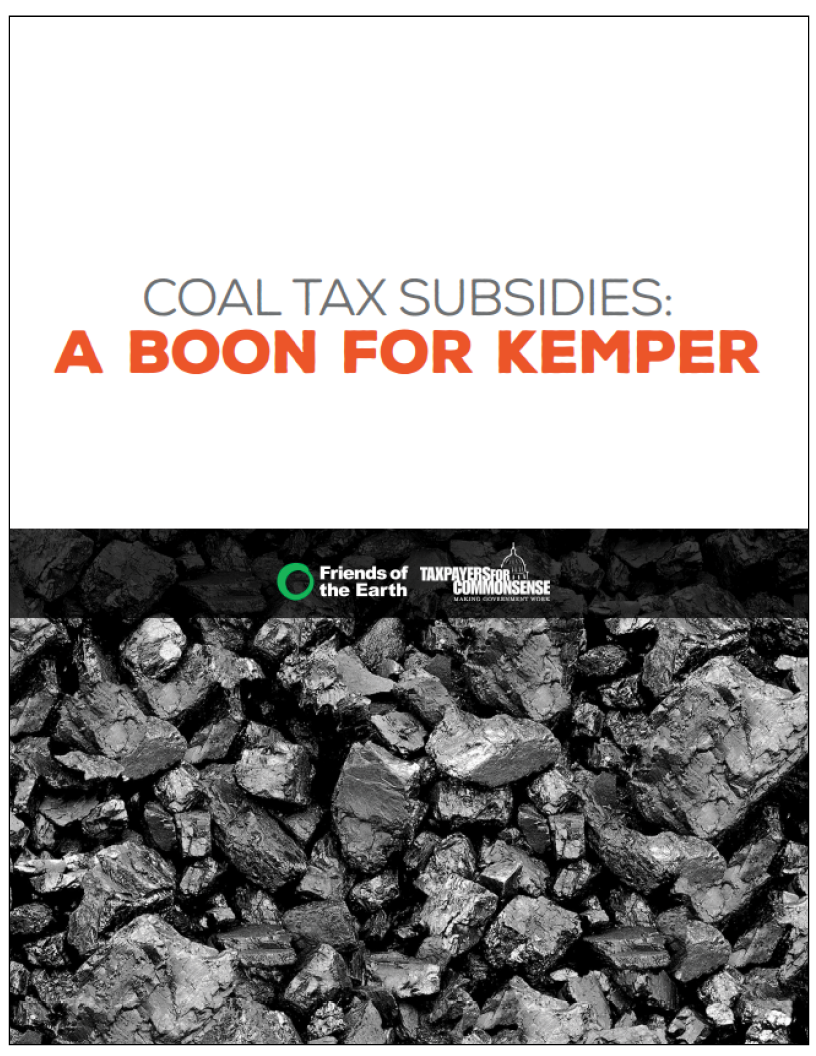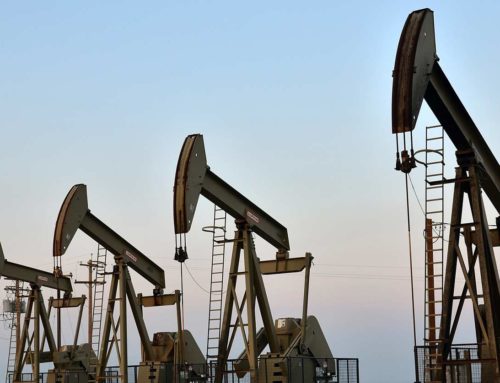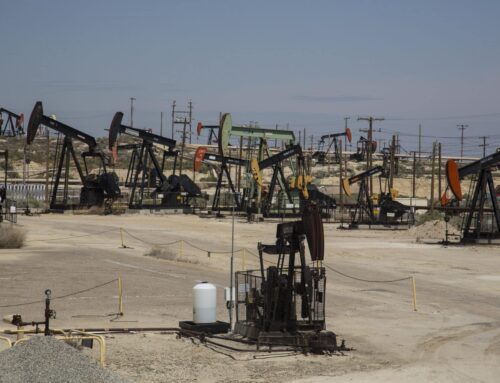WASHINGTON, D.C. — A new report from Friends of the Earth and Taxpayers for Common Sense sounds the alarm on a lame duck tax deal that could send billions in subsidies to Southern Company’s long-troubled Kemper coal plant in De Kalb, Mississippi.
“This disaster is billions of dollars over budget and years behind schedule,” said Lukas Ross, climate and energy campaigner at Friends of the Earth. “Kemper is a stark reminder of why carbon capture and sequestration is a waste of our tax dollars and a false solution to the climate crisis.”
| Read the Report |
 |
As Congress returns to work following the election, big polluters are working to extend and expand a tax credit for carbon capture and sequestration – or CCS – facilities like Kemper as part of a year-end tax deal. The result could be a massive windfall for Southern Company when Kemper finally comes online—hypothetically as soon as 31 December 2016.
“Squandering more tax dollars on carbon capture for coal plants like Kemper is just throwing good money after bad,” said Autumn Hanna, senior program director at Taxpayers for Common Sense. “Extending or expanding these tax breaks makes no sense and will cost taxpayers dearly.”
Since February 2016, lawmakers have introduced three separate bills to extend and expand the CCS tax credit for new facilities. The report released today analyzes the size of the taxpayer giveaway to Southern Company under each of these scenarios.
General findings:
– A House bill by Rep. Mike Conaway (R-TX) to make the tax credit permanent would send Southern Company $4.5 billion throughout the life of the plant
– An amendment from Sen. Heidi Heitkamp (D-ND) would send Southern Company $695 million over the first ten years Kemper is in operation.
– A Senate bill from Sens. Heidi Heitkamp (D-ND) and Sheldon Whitehouse (D-RI) would send Southern Company over $1 billion over the first 12 years Kemper is in operation.
– Even if the CCS tax credit does not receive an extension, Kemper is still eligible for the expiring version of the credit, worth an estimated $102.8 million between 2017 and 2019
– Pressure is building in Washington to renew a variety of expiring tax breaks. A package like this represents the likeliest way for tax credits for CCS to be extended.
“We need to make sure this garbage doesn’t find its way into a tax extenders package,” said Ross. “If it does, then this lame duck session will be another major payday for big polluters.”
Read Frequently Asked Questions about Kemper and the CCS tax credit here.
Expert contacts:
Lukas Ross, (202) 222-0724, lross@foe.org
Autumn Hanna, (202) 546-8500, autumn@taxpayer.net
Communications contact: Kate Colwell, (202) 222-0744, kcolwell@foe.org
###
Background on Kemper:
Kemper is a coal facility under construction in De Kalb, Mississippi. Utility giant Southern Company designed the project to turn coal into a gas, burn the gas for electricity, and capture an estimated 65 percent of the associated carbon dioxide emissions through a process called carbon capture and sequestration (CCS). Once captured, the emissions will be piped to nearby oil fields and pumped underground to help stimulate production as part of a process called enhanced oil recovery (EOR).
The long-controversial project was originally projected to cost $2.4 billion and to come online in 2014, but the price tag now stands at $6.9 billion—and after repeated delays, the latest placed in service date has been pushed to December 31, 2016.
Background on the CCS tax credit:
The Emergency Economic Stabilization Act of 2008—better known as the Wall Street bailout – created one of the biggest tax breaks for CCS on the books. Known as 45Q, the provision allows power plants like Kemper and other industrial emitters to claim a tax credit for every ton of CO2 they capture. The credit is worth $20 per metric ton CO2 captured and stored underground and $10 if the CO2 is captured and used for EOR. Congress never intended the subsidy to be permanent, and timed it to expire after 75 million credits had been claimed—a benchmark expected as soon as 2019.
Background on the proposed changes to the CCS tax credit:
| Bill | Sponsor(s) | Description | Estimated Subsidy for Kemper |
| H.R. 4622 | Rep. Mike Conaway (R-TX) |
|
$4.5 billion throughout life of the plant |
| S.Amdt.3645 | Sen. Heidi Heitkamp (D-ND) |
|
$695 million over ten years |
| S.3179 | Sens. Sheldon Whitehouse (D-RI) and Heidi Heitkamp |
|
$1 billion over 12 years |
About Friends of the Earth:
Friends of the Earth fights to create a more healthy and just world. Our current campaigns focus on promoting clean energy and solutions to climate change, ensuring the food we eat and products we use are safe and sustainable, and protecting marine ecosystems and the people who live and work near them.
About Taxpayers for Common Sense:
Founded in 1995, Taxpayers for Common Sense (TCS) is a national, independent budget watchdog and advocate for taxpayers dedicated to cutting wasteful programs and eliminating corruption in federal spending. TCS believes that spending decisions must be transparent and that government should always be accountable to taxpayers. TCS keeps a close watch on issues involving energy, natural resources, transportation and infrastructure, national security, and agriculture.














Get Social